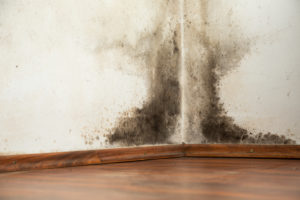Donuts. Cupcakes. Open concept homes. The color gray. Trends are a thing that happen in every industry out there, including the construction industry. It’s important for a contractor to keep up-to-date on the latest trends to not only keep up with the times, but to please, impress, and attract a clientele. Some trends stick, some go away fast, but regardless of their duration it’s good for a contractor business to be in the know of such trends. Being the end of 2017, we wanted to share with you some trends that have been emerging in the industry and will go into 2018.
- Energy efficient wall systems. Commercial construction is starting to used insulating concrete blocks to be integrated into wall systems, which can improve energy efficiency in a building. They make the building stronger, better insulted, have better fire resistance, and reduces noise from the outside. This types of walls aren’t just better at conserving energy (and all the other reasons above), they also are easier to put up for contractors and don’t cost much. These types of walls also can be used in every region of the country.
- Green design. Just like above, being efficient and “greener” is the way to go these days, especially since the world has started to see the negative effects of climate change. How can a contractor be more green in the things he or she does? Examples include: using recyclable or sustainable materials, improve air quality, better controls for lightings and temperature, more natural lightings, better insulation, etc.
- Smart Glass. Again, just like the two trends above, this is also with the “green” trend. Smart glass is tinted/glazed in a way that improves energy efficiency. How? This glass can control glare, harsh light, and block heat from the sun’s rays. Smart glass is also known to reduce costs. Soon, people will be able to control smart glass electronically and dictate how much the glass is tinted or how much heat is should absorb. Really cool!
Right now, it seems green is the way to go in terms of trends in the construction world. As a company, it would be in your best interest to implement some of these items into your blueprints. Your clients will be excited and impressed that you offered these components into the design. These above trends not only help you keep up with other contractor businesses, but they truly help improve building design and help the environment.
Before you think of contractor trends, it’s important that you are legally licensed to practice contracting work. You don’t want to pay fines or get arrested. If you’re looking to get your Florida contractor’s license, we can help you get through the process fast. We are a Florida contractor licensing company. To get started on the process, click here or call us at 239-777-1028.
